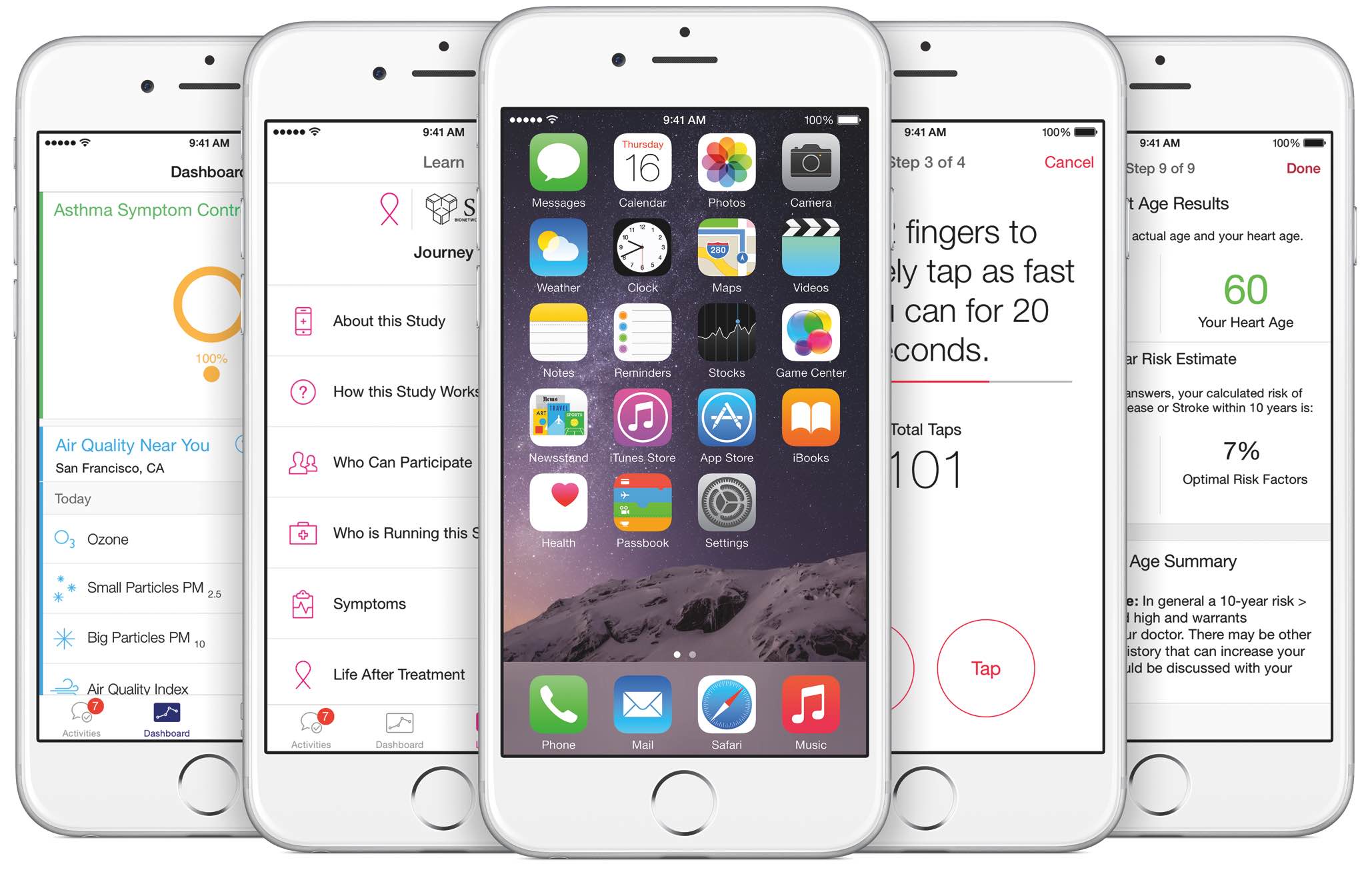ResearchKit, Apple’s platform for medical research based on the Health app and iOS devices, is now enabling new studies on autism, epilepsy and melanoma, the company said in a media release today.
Tapping into data gathered from participants using iPhone apps; medical data from the Health app such as weight, blood pressure and glucose levels; and other data measured by third-party devices and the iPhone’s accelerometer, microphone, gyroscope and GPS sensors—researchers can study autism, epilepsy and melanoma in greater detail than was possible before.
The following new ResearchKit studies are now available:
Autism: Duke University and Duke Medicine are launching “Autism & Beyond” for parents with concerns about autism and other developmental issues. Using the iPhone’s front camera and emotion detection algorithms, sings of developmental issues can be detected at a much younger age.
Epilepsy: The EpiWatch app developed by Johns Hopkins is actually conducted with the Apple Watch. Using the watch’s sensors and a custom complication, researchers can detect the onset and duration of seizures and send a timely alert to a loved one.
Melanoma: Oregon Health & Science University lets people take photos of their skin to document mole changes over time and share them directly with health professionals. Using these crowd-sourced images, researchers will be able to help create detection algorithms which can be used in future studies to potentially screen for melanoma.
“We’re honored to work with world-class medical institutions and provide them with tools to better understand diseases and ultimately help people lead healthier lives,” said Jeff Williams, Apple’s Senior Vice President of Operations.
“In just six months, ResearchKit apps studying everything from asthma and diabetes to Parkinson’s disease, are already providing insights to scientists around the world and more than 100,000 participants are choosing to contribute their data to advance science and medical research.”
The Cupertino firm said that more than 50 researchers are now contributing to the open source ResearchKit framework.
Source: Apple
